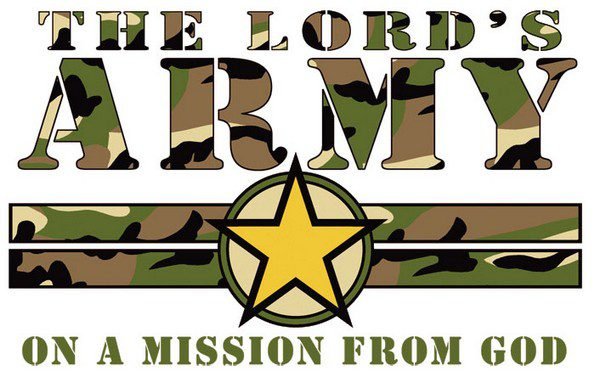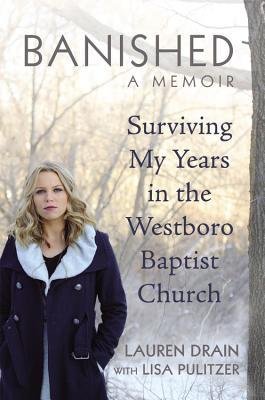
Several years ago, I caught up on back episodes of the TV show Tyrant. One episode featured a Muslim cleric telling a group of schoolchildren that they were soldiers in “God’s Army.” These children were later killed in a government attack on a terrorist training camp. This same cleric forgot to tell these children that they would be used as pawns in the war against America and the government of the fictional country, Abuddin. Killed in an attack on the terrorist camp, the dead bodies of these children were filmed so they could be used in anti-government propaganda videos. A horrific scene to be sure, one that is played out time and again in the Middle East.
As I listened to the Muslim cleric tell the children that they were soldiers in God’s Army, my thought turned to the Evangelical junior church staple song, I’m in the Lord’s Army. Everyone now:
I may never march in the infantry,
Ride in the cavalry,
Shoot the artillery.
I may never fly o’er the enemy,
But I’m in the Lord’s army!
Yes Sir!
I’m in the Lord’s army!
Yes sir!
I’m in the Lord’s army!
Yes sir!
I may never march in the infantry,
Ride in the cavalry,
Shoot the artillery.
I may never fly o’er the enemy,
But I’m in the Lord’s army!
Yes sir!
I’m in the Lord’s army!
Yes sir!
I’m in the Lord’s army!
Yes sir!
Harmless kid’s song? Sure, but consider for a moment how much time and money Evangelicals spend indoctrinating their children. (Please see Do Fundamentalist Christians Indoctrinate Their Children?) Throw in Christian nationalism, American exceptionalism, Bible literalism, and “Second Amendment remedies” — why, it is easy to see that, in the future, some Evangelical churches will become training camps for youthful recruits for The Lord’s Army. Preposterous? Perhaps, but consider how easily fascist Donald Trump (and Ron DeSantis) turned countless Evangelicals into supporters of policies that could plunge the United States into civil war.
In 2016, armed Christians took over a government building, believing that God wanted them to take a stand against tyranny and attacks on personal and religious freedom. In 2021, armed, militarized Christians took over the Capitol and tried to overthrow the government. So-called Patriot Pastors are now defiantly breaking federal and state laws, believing that freedom of religion is under attack by liberals, secularists, humanists, and atheists. Calling for more “Christian” laws, scores of Evangelicals, Catholics, and Mormons now believe that the Separation of Church and State is a myth. Many of the domestic terrorist attacks over the past thirty-five years have been committed by Christians who have turned to violence to right perceived wrongs. White power groups such as the KKK — once thought to be buried beneath the rubble of the race riots of the 1960s — are drawing new soldiers to their war against multiculturalism and non-whites. These groups are almost always Christian.
Given the right circumstances and motivations, I can envision Evangelical churches, pastors, and parents encouraging children to be soldiers in the Christian God’s Army. One need only watch how Westboro Baptist Church uses children to promote bigotry and hatred. Is it really a stretch to think that rabid Christians could turn to violence to advance their agendas? And even if you think I am out of my mind to believe that such things are possible, consider the fact that millions of American children are taught that there is no greater privilege than to give one’s life for Jesus. Be it in a life devoted to servitude or being martyred, these children are taught, “only one life, twill soon be past, only what’s done for Christ will last” – Only One Life by C.T. Studd. (Please see The Myth of Persecution by Candida Moss, A Book Review) Martyrdom is very much a part of the many Christian sects. What better way to prove one’s faith than to die for it?
Bruce Gerencser, 66, lives in rural Northwest Ohio with his wife of 45 years. He and his wife have six grown children and thirteen grandchildren. Bruce pastored Evangelical churches for twenty-five years in Ohio, Texas, and Michigan. Bruce left the ministry in 2005, and in 2008 he left Christianity. Bruce is now a humanist and an atheist.
Connect with me on social media:
Your comments are welcome and appreciated. All first-time comments are moderated. Please read the commenting rules before commenting.
You can email Bruce via the Contact Form.


